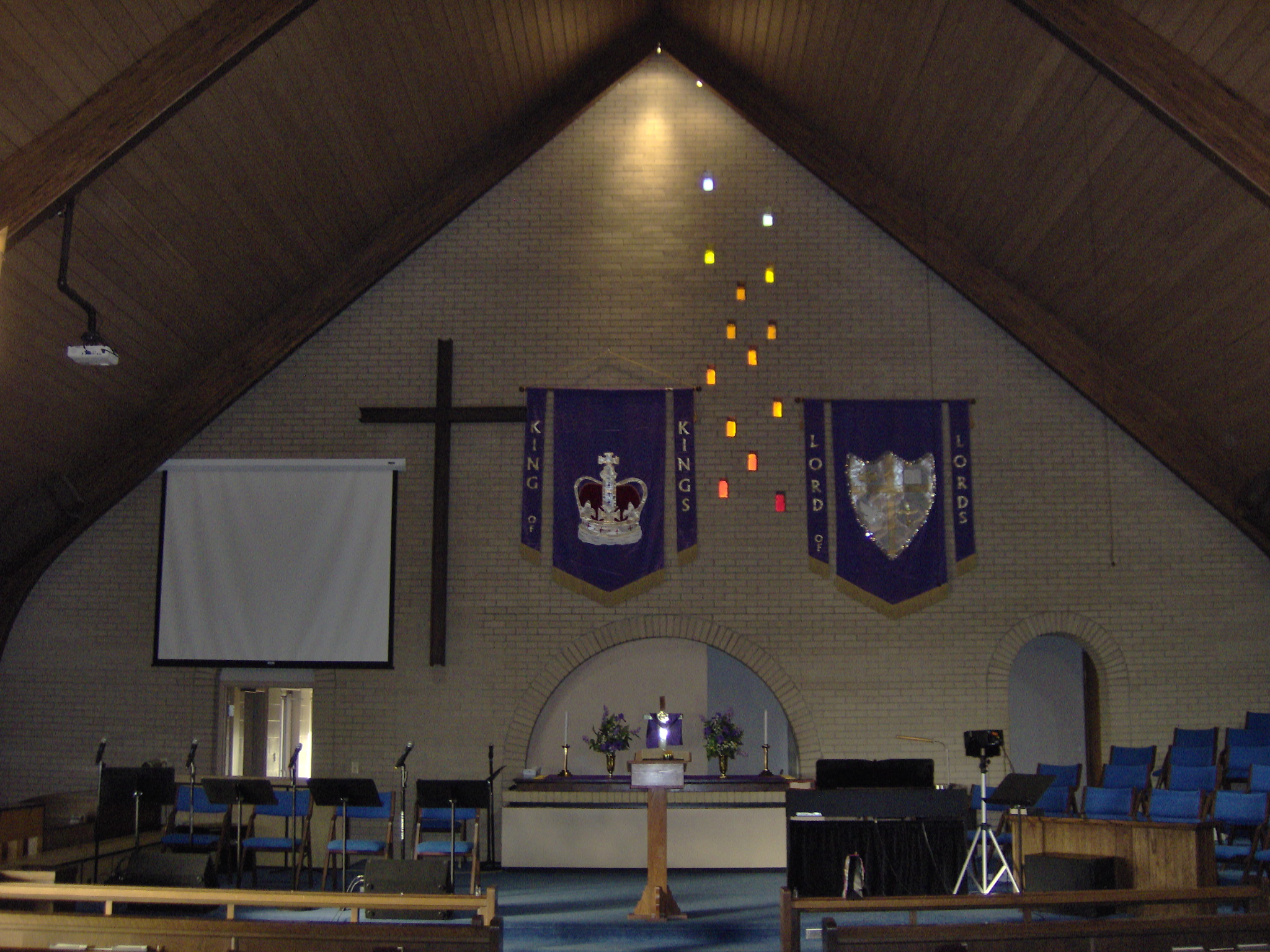Sermon for August 15, 2021
READING ROMANS 8 IS ABOUT LIVING IN THE SPIRIT OF GOD. THE 10 COMMANDMENTS HAD THE RIGHT SPIRIT BUT THE PEOPLE WHO FOLLOWED THEM HAD THE WRONG ATTITUDE. JESUS PAINTS THE PICTURE OF THE SPIRIT IN THE 10 COMMANDMENT AND TOOK 2 OF THEM AND MADE THEM INTO 1 COMMANDMENT.
